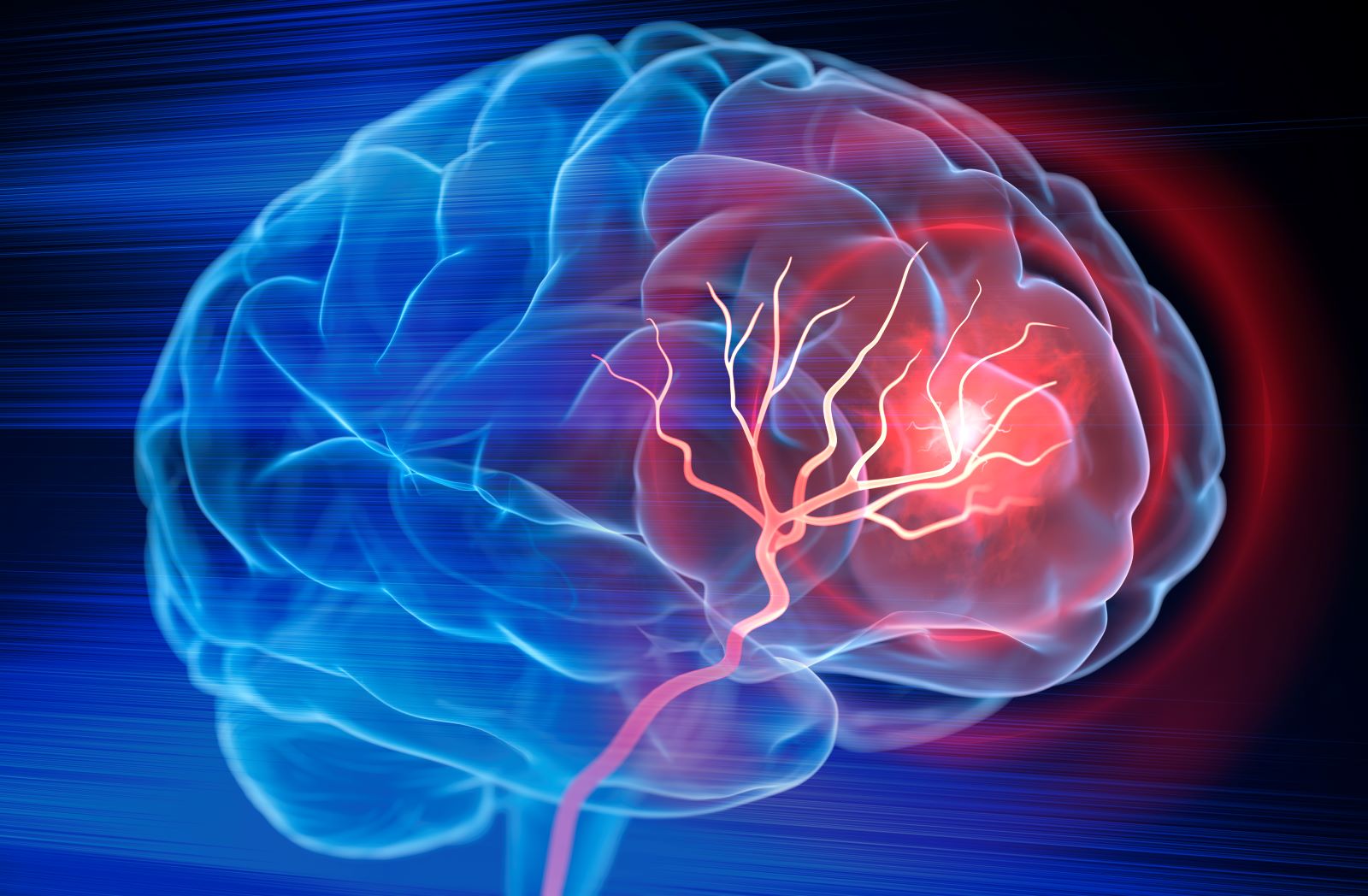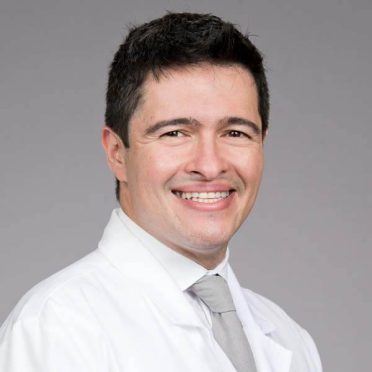When someone shows signs of a stroke, every minute counts.
Getting to a hospital as soon as possible is crucial to a stroke patient’s long-term outcome.
A breakthrough stroke procedure, mechanical thrombectomy, is now available 24/7 at St. Vincent’s Medical Center in Bridgeport. Patients in Fairfield County will no longer have to travel for this life-saving treatment, saving precious minutes.
Endovascular neurosurgeon Daniel Cavalcanti, MD, explains what a mechanical thrombectomy is and what it means for stroke patients.
What is a mechanical thrombectomy?
There are two main types of stroke – ischemic and hemorrhagic. Both have similar risk factors but require different treatments.
Ischemic, which is the most common type of stroke is when there is a lack of blood flow to the brain, causing cell death. The typical treatment is a medication that breaks down blood clots. If given within 4.5 hours from initial symptoms it can restore blood flow to the brain.
The second is a mechanical thrombectomy where a small incision is made in the groin area or wrist and a catheter is fed through the blood vessels to the clot in the brain. Surgeons are then able to remove the clot.
“Patients must be treated within a 24-hour window after the onset of a stroke,” says Dr. Cavalcanti. “Time is very critical because if we can’t do this procedure within 24 hours unfortunately most of the damage in the brain is already completed by that time.”
> Want more health news? Text StartHere to 85209 to sign up for text alerts
What are the signs of a stroke?
A person of any age with a new onset of stroke symptoms is a candidate for a mechanical thrombectomy – if they are seen within 24 hours.
When spotting the signs of a stroke, remember the BE FAST acronym:
- Balance
- Eyes
- Face
- Arm
- Speech
- Time
Individuals having a stroke will often have balance problems, loss of vision, facial drooping on one side, arm or leg weakness on one side and slurred speech. Time is crucial to their recovery.
> Related: Understanding the Symptoms and Risk Factors of a Stroke
How can I prevent a stroke?
The ability to perform endovascular mechanical thrombectomies 24/7 in Fairfield County will help to save countless lives, however, the goal is to prevent strokes from happening in the first place.
“We’ll be able to reverse the damage in many patients caused by stroke,” Dr. Cavalcanti says. “We are also trying to bring more awareness to the prevention of strokes to the community.”
Dr. Cavalcanti says there are steps individuals can take to help prevent strokes, including:
- Eating a healthy diet
- Exercise regularly
- Controlling your cholesterol
- Controlling blood sugar
- Controlling blood pressure
- Quitting smoking
- Limiting alcohol intake
- Treating atrial fibrillation, which is a type of heart arrhythmia



